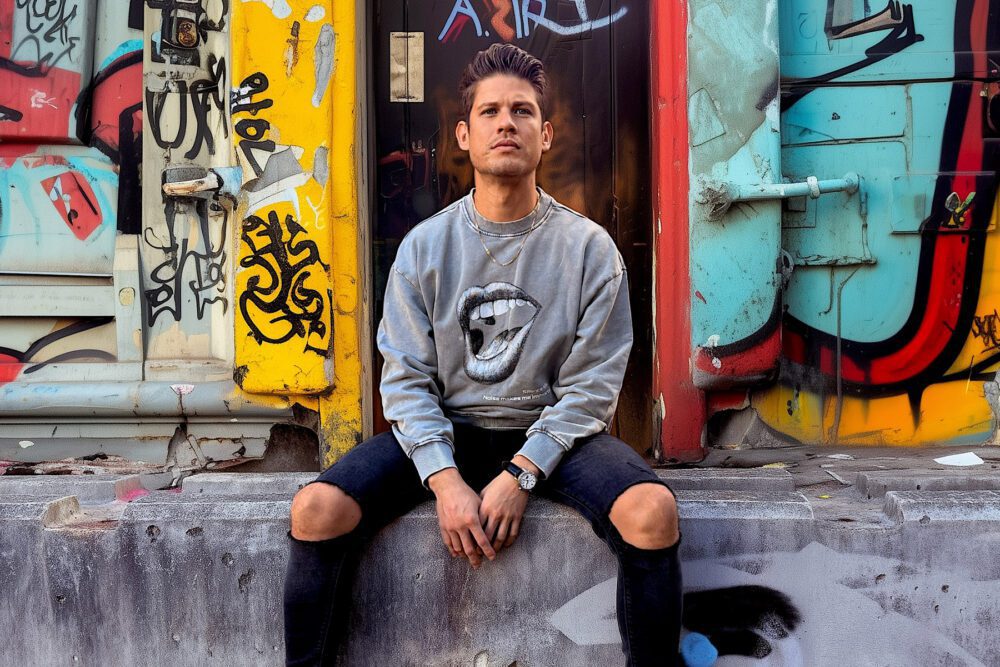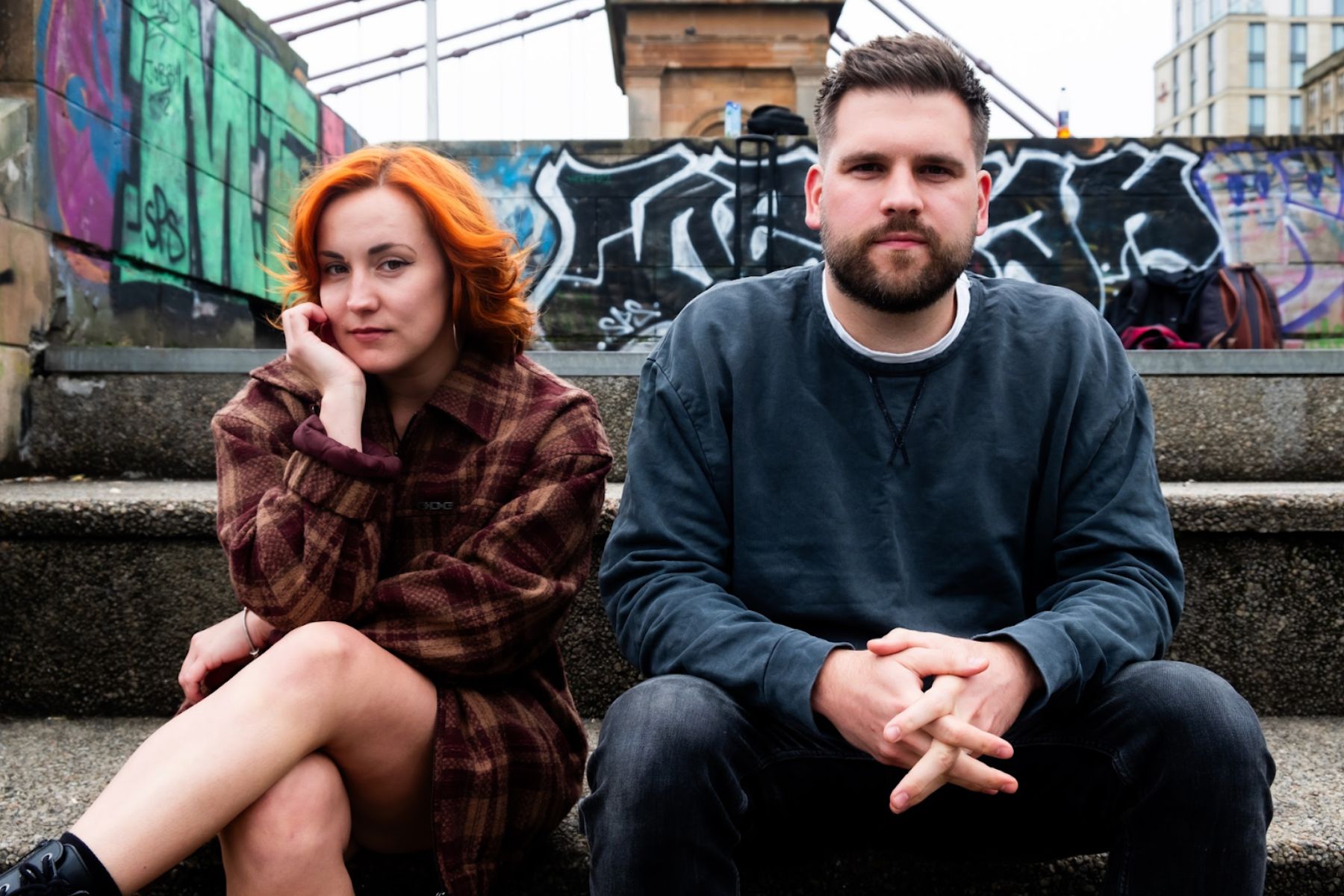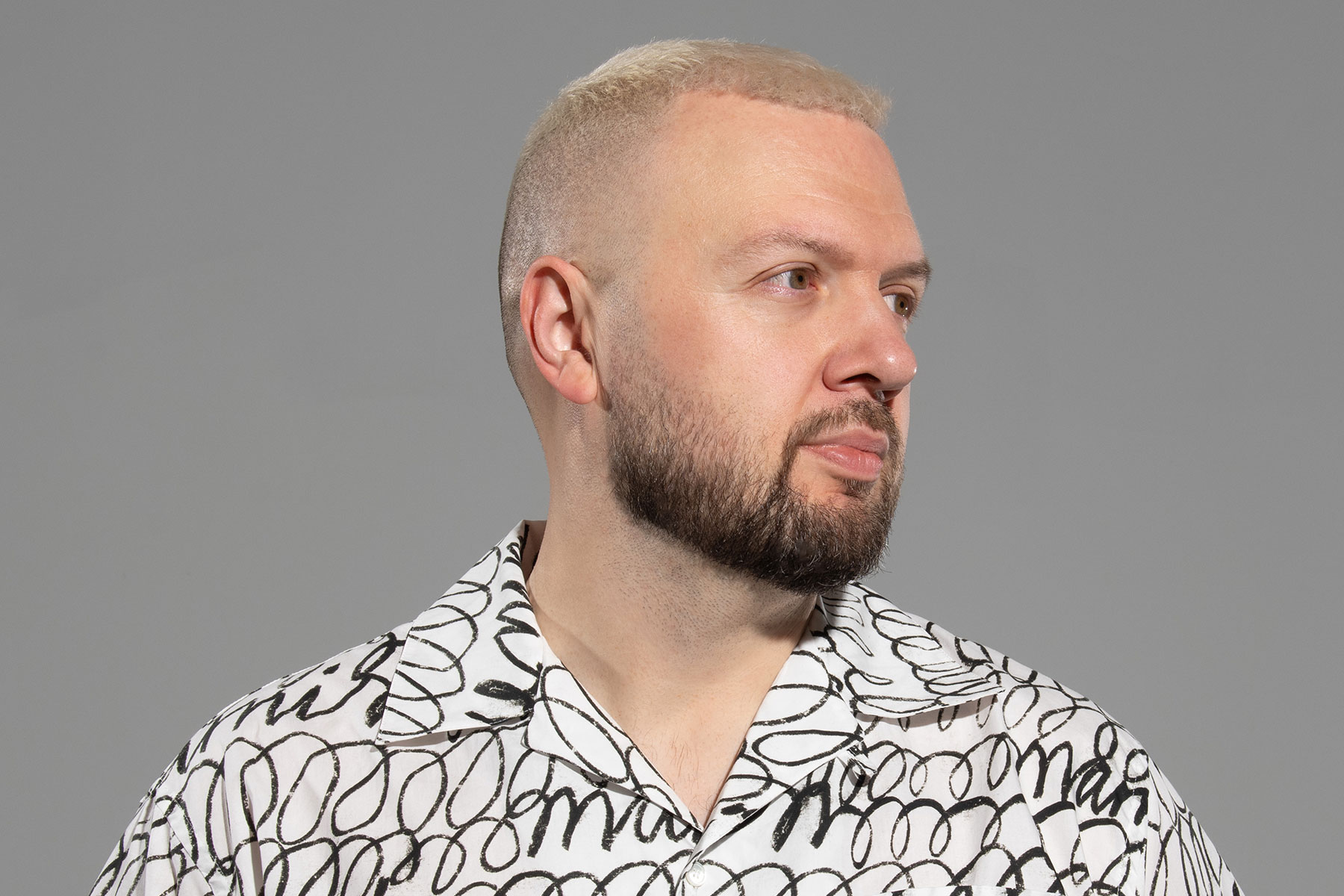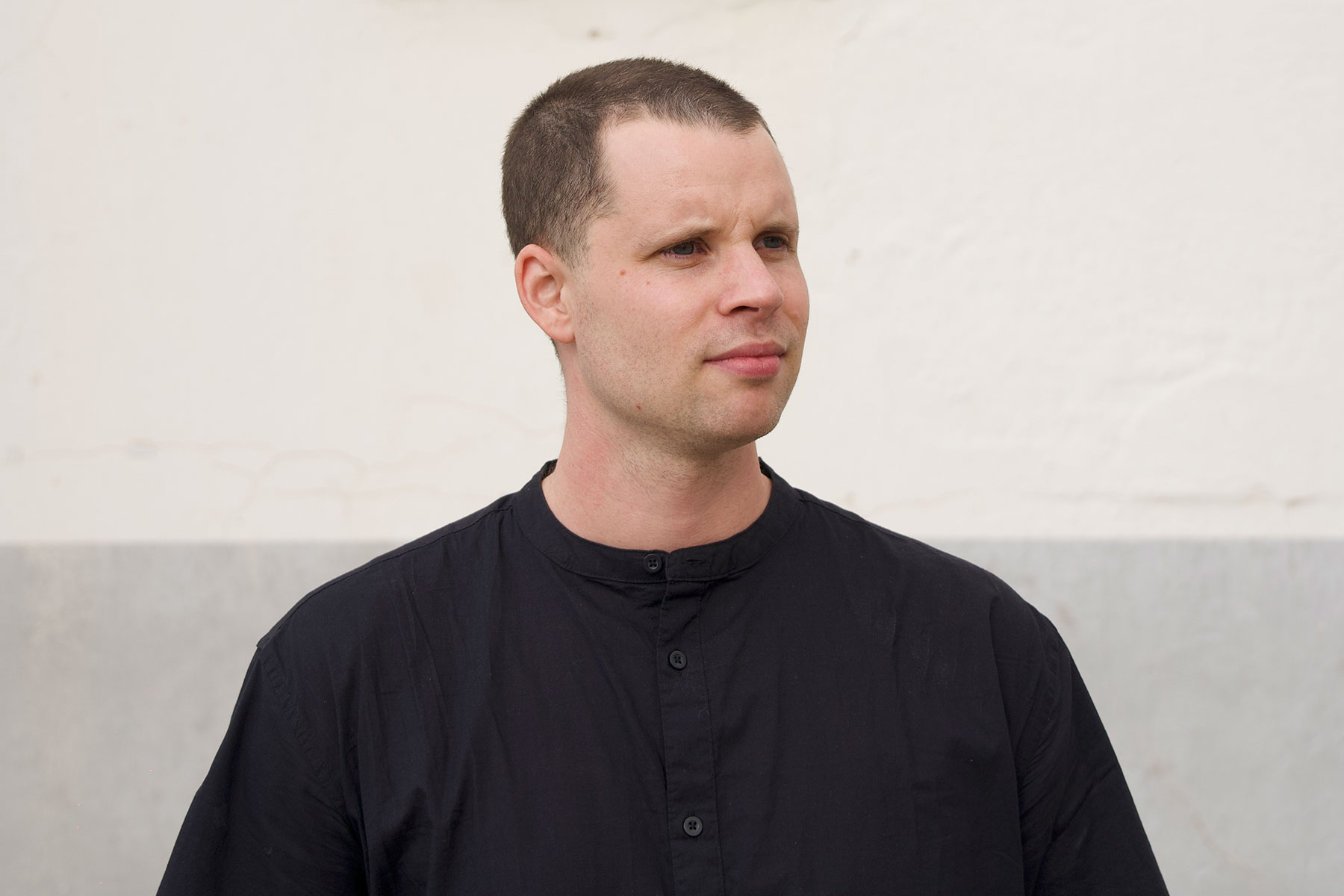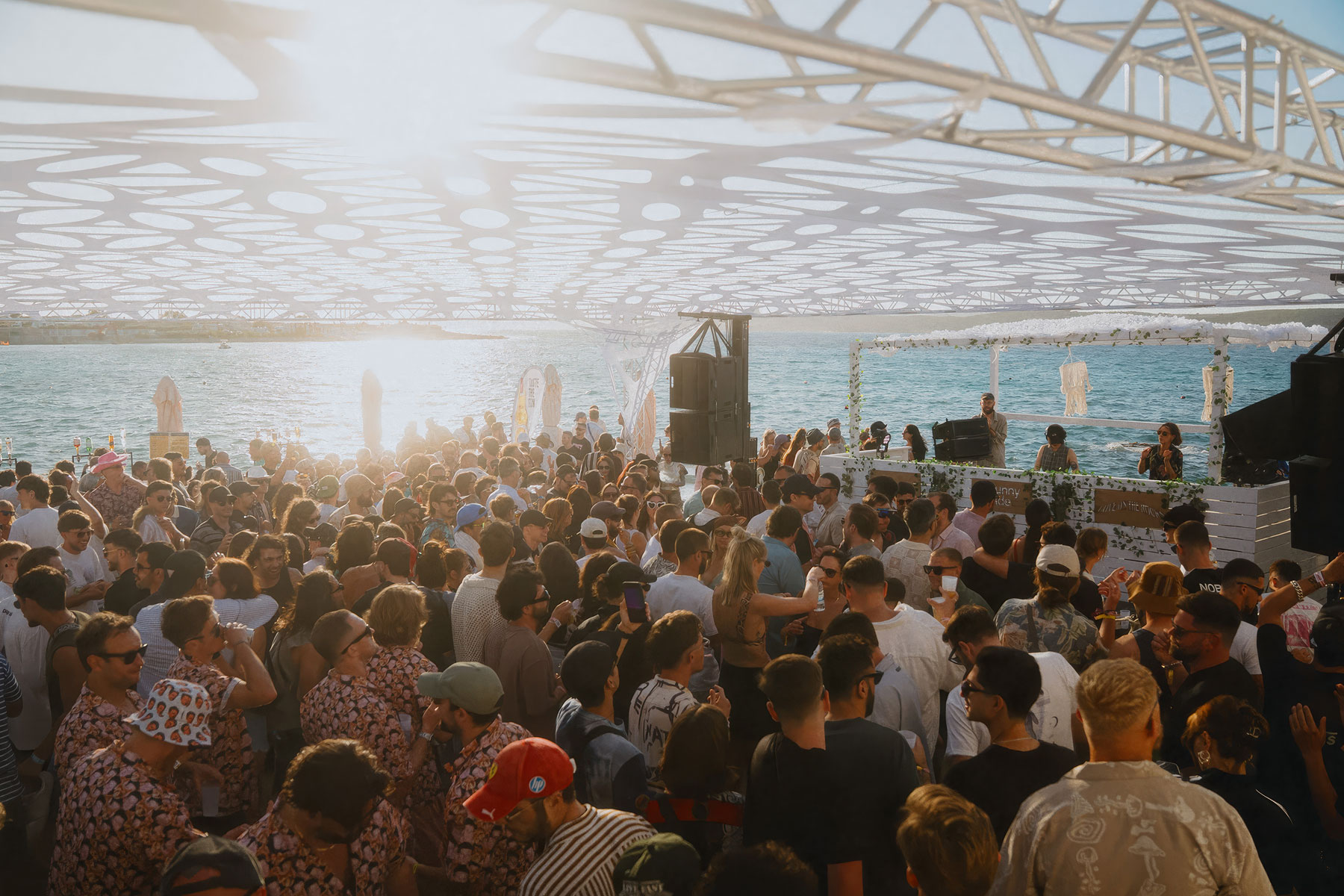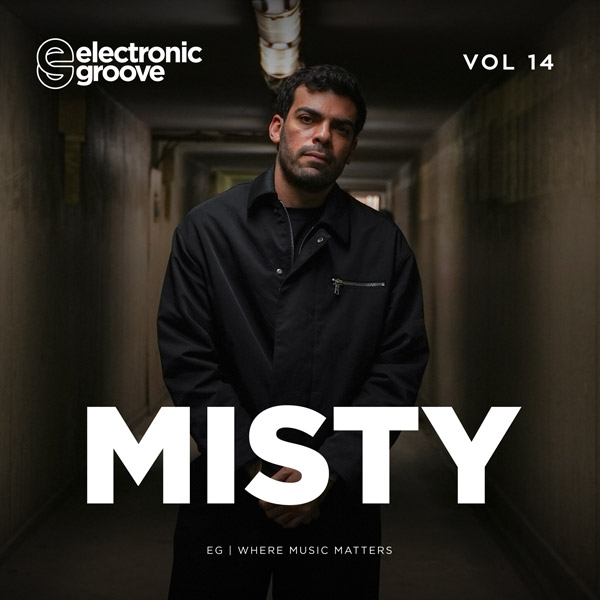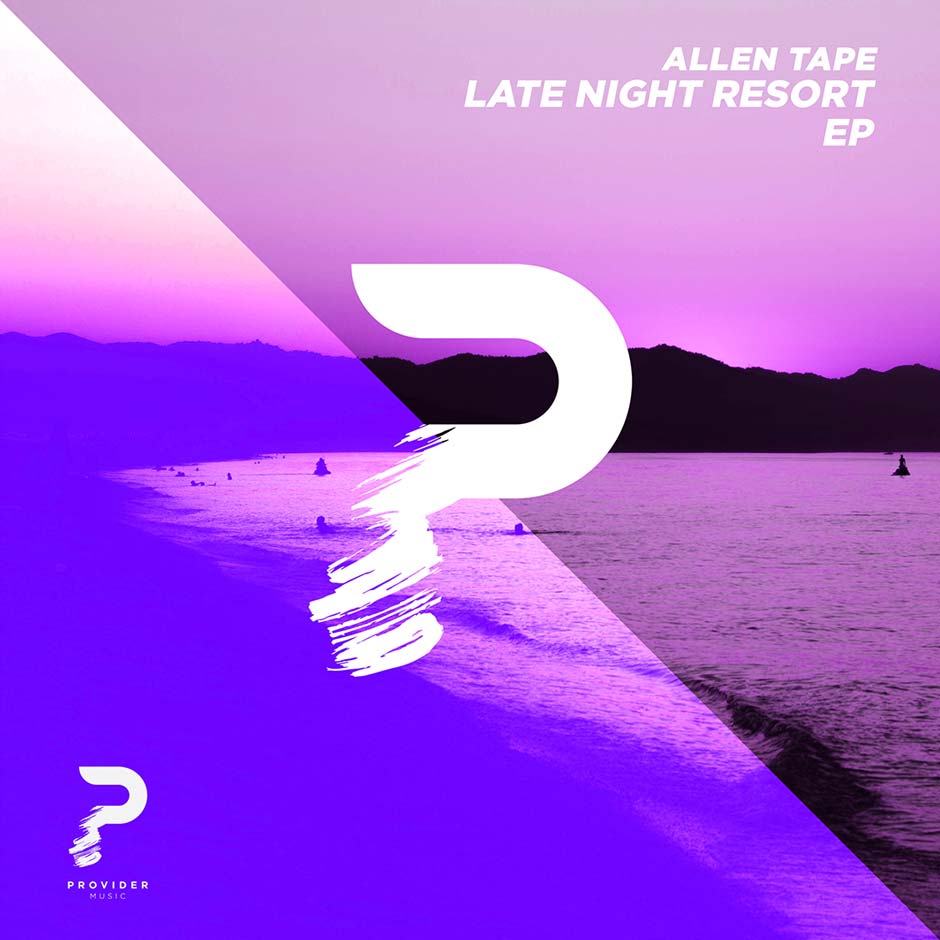The White Collar Project is the creation of Venezuelan-born DJ and artist Alejandro Zamora, a vinyl-only mix series and cultural label that began as a deeply personal outlet.
Photo credit: Alejandro Zamora – Official
After years in Caracas’ record shops and London’s techno circuit, Zamora walked away from music, weighed down by business, legal struggles, and depression. At his lowest point, it was his records and turntables that brought him back.
What started as private sessions of cueing and blending evolved into something bigger. The White Collar Project’s YouTube channel now counts over 160,000 subscribers worldwide, drawn to its raw, vinyl-to-needle authenticity. Moving between house, techno, hip hop, Latin, and Afro influences, Zamora’s sets are journeys that resist algorithms and stay rooted in feel.
The project has since grown into fashion and art—limited-run streetwear collections, record-inspired prints, and kinetic sculptures—always carrying the same ethos: rarity, quality, and connection. Yet at its heart, The White Collar Project remains what Zamora first rediscovered in the quiet: music as a way back to himself.
In this conversation, Alejandro Zamora opens up about his roots, the pull of vinyl, and how The White Collar Project reflects both survival and expression.
EG: Hi Alejandro, welcome to EG! The White Collar Project moves between house, techno, hip hop, Latin, and Afro influences. How do you approach building a narrative in your sets when the palette is so broad?
Alejandro Zamora: Thanks for the invite. For me, it’s all about finding threads that connect, even when the genres seem far apart. I start by thinking about the mood I want to create, or even just picking up the feeling in the room. I look for rhythms, textures, or even tiny details in tracks that can speak to each other, no matter the style. The wide variety keeps me curious and stops things from getting predictable. I want each set to feel like a real journey, not just a playlist.
EG: Venezuelan roots and London’s techno scene both sit in your background. How do those two very different environments still echo in the way you play today?
Alejandro Zamora: Both are in me, all the time. Growing up in Venezuela, music was everywhere. There’s a natural swing and groove in Latin music that’s shaped how I feel rhythm. London, on the other hand, taught me about the power of repetition, space, and intensity. It’s essentially techno at its core. When I play, I think you can hear both: the warmth and movement from Venezuela, and the edge from London. They balance each other out and keep my sound evolving.
EG: With streaming algorithms and AI tools shaping how people discover music, what do you feel vinyl culture still offers that can’t be replaced?
Alejandro Zamora: Vinyl forces you to slow down and be present. There’s no quick search box or endless scroll. You have to dig, listen, and actually get to know your records. I find that relationship with music to be more personal. Playing vinyl also adds a physicality that makes the whole experience more intentional. It’s not about nostalgia for me, it’s about connection to the music, to the moment, and to the craft. Algorithms can suggest what’s popular, but they can’t teach you to listen and feel with your whole body.
“When I play, I think you can hear both: the warmth and movement from Venezuela, and the edge from London”
EG: The White Collar Project also lives in fashion and visual art. How do you keep those disciplines from becoming side projects, rather than equal parts of the whole vision?
Alejandro Zamora: I try to approach music, visuals, and clothing with the same care and intention. For me, it’s all one language, just different ways of telling the story. I don’t treat fashion or art as an afterthought. They’re built into the process from the start. Sometimes an idea for a mix comes from a visual or a piece of clothing, and sometimes it’s the other way around. Collaboration helps, too. I work with people from those worlds who challenge me to keep raising the bar so that each part feels essential.
EG: Looking back at your early years in Caracas, what role did records and club culture play in your sense of identity then?
Alejandro Zamora: Records were my escape and my education. Finding a new record felt like uncovering a whole universe. The club scene in Caracas was a place where I could just be myself, experiment, and connect with people who loved the same things. It gave me a sense of belonging and shaped my taste, but it also taught me how music can bring people together, even in tough times. That’s still at the core of what I do now.
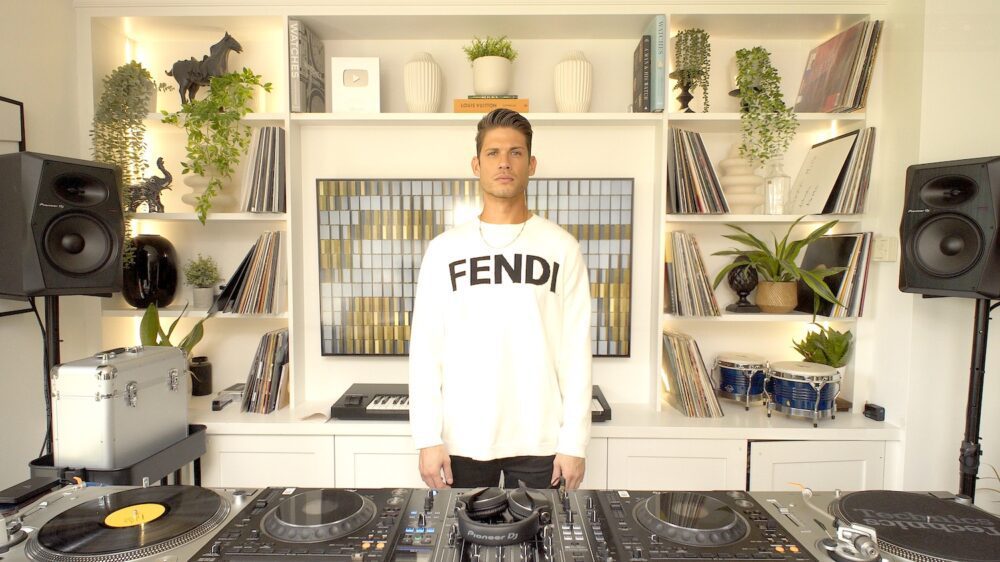
EG: Your YouTube channel now connects with a truly global audience. Do you notice differences in how people from different places respond to the music?
Alejandro Zamora: Absolutely. I get messages and comments from people all over, and it’s fascinating how different cultures pick up on different things. Some audiences really respond to the groove and warmth, while others are drawn to the more experimental or moody sides. Sometimes a track that feels niche to me will really resonate in a country I never expected. But the biggest surprise is how much common ground there is. Music really does cut across borders. That connection is one of the most rewarding parts of sharing my sets.
EG: How do you personally balance the tension between wanting to share your sets widely and protecting the intimacy that first made them meaningful to you?
Alejandro Zamora: It’s a real challenge. I still make time for private sessions, just for myself or a few friends, to keep that sense of intimacy alive. When I share sets online, I try to keep things honest. There’s no big show, just me and the records, so the vibe feels personal even at a distance. I remind myself why I started: it wasn’t to go viral, it was to connect. As long as I hold onto that, sharing with a wider audience doesn’t take away from the original feeling; it adds to it.
“Algorithms can suggest what’s popular, but they can’t teach you to listen and feel with your whole body”
EG: What excites you most about where electronic music is heading right now, and where do you see The White Collar Project fitting into that future?
Alejandro Zamora: What excites me is how open and hybrid things are becoming. Genres are breaking down, scenes are crossing over, and people are valuing authenticity over hype. There’s more space for artists who aren’t afraid to mix influences and tell their own stories. I see The White Collar Project as part of that movement. The movement of bringing together different sounds, visuals, and ideas in a way that feels honest and human. I hope to keep pushing boundaries and building community, wherever electronic music goes next.
Dive into The White Collar Project vinyl-only sessions here.


